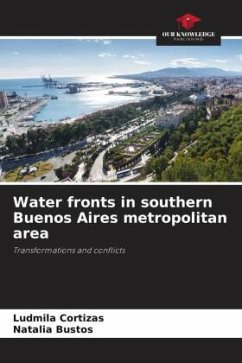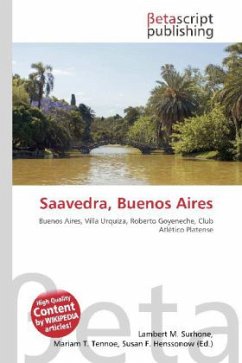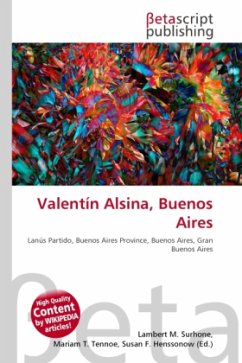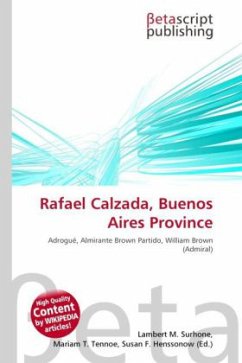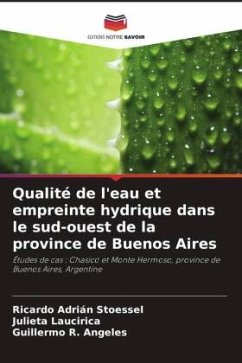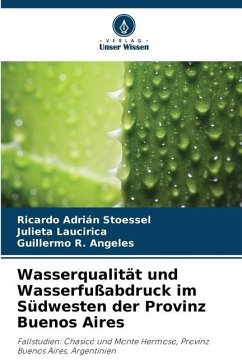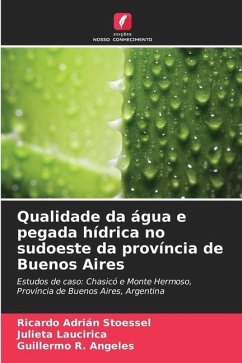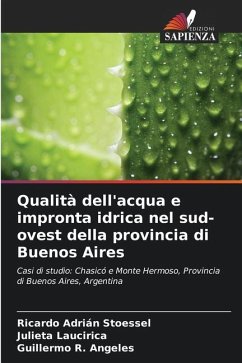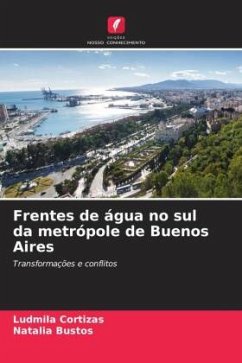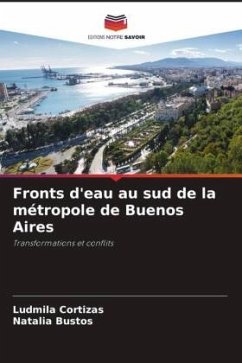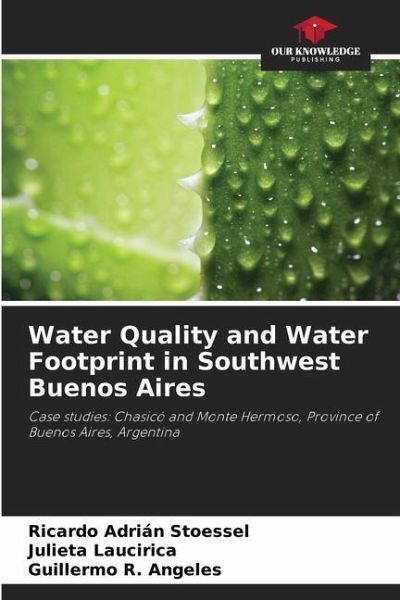
Water Quality and Water Footprint in Southwest Buenos Aires
Case studies: Chasicó and Monte Hermoso, Province of Buenos Aires, Argentina
Versandkostenfrei!
Versandfertig in 6-10 Tagen
36,99 €
inkl. MwSt.

PAYBACK Punkte
18 °P sammeln!
Case studies: Chasicó and Monte Hermoso, Province of Buenos Aires, Argentina. The southwest of the province of Buenos Aires is characterized by a transitional temperate climate. Although it is not an arid region, water has been a scarce commodity on several occasions. In particular, the use of groundwater in two localities with different profiles is discussed. Chasicó is a small town, with an agricultural and livestock tradition. Monte Hermoso is an urban locality devoted to tourism. This work proposes two tools within the Integrated Water Resources Management: water quality and the Water Fo...
Case studies: Chasicó and Monte Hermoso, Province of Buenos Aires, Argentina. The southwest of the province of Buenos Aires is characterized by a transitional temperate climate. Although it is not an arid region, water has been a scarce commodity on several occasions. In particular, the use of groundwater in two localities with different profiles is discussed. Chasicó is a small town, with an agricultural and livestock tradition. Monte Hermoso is an urban locality devoted to tourism. This work proposes two tools within the Integrated Water Resources Management: water quality and the Water Footprint. Finally, a test is proposed to approximate the amount of water demanded in the area worked in Chasicó, due to wheat cultivation, applying a Normalized Water Differential Index that is expressed in a series of maps for the months of July, August, October and December 2017. Finally, the results are compared with those of the Normalized Difference Vegetation Index.



